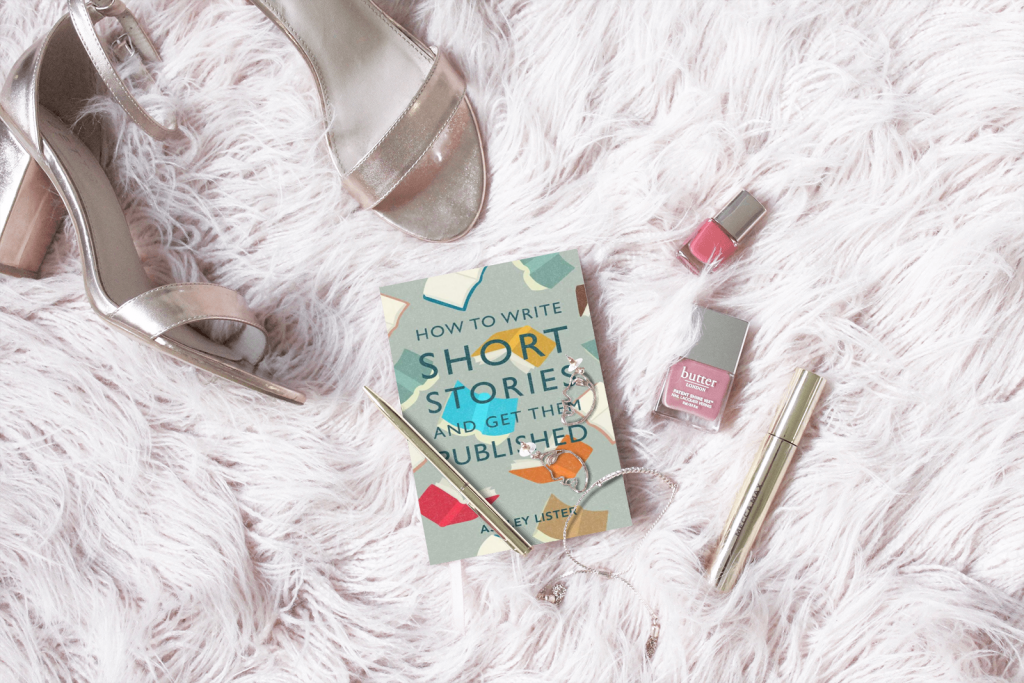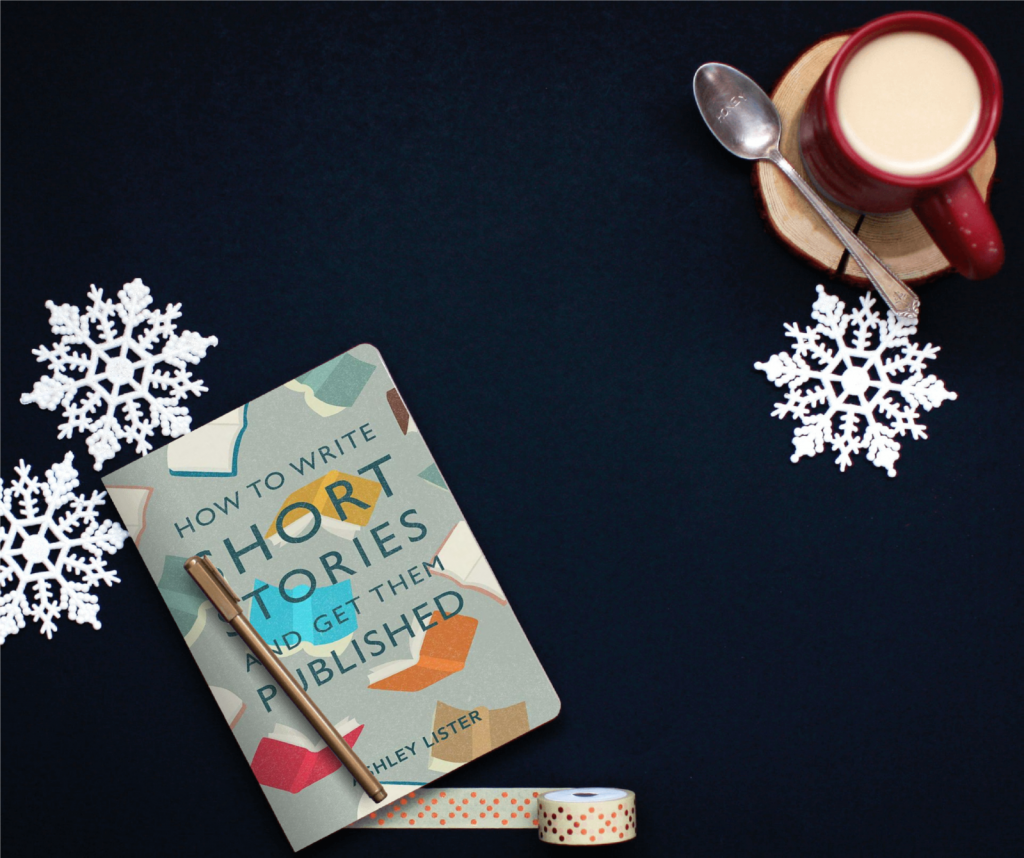So, you’ve had an idea?
You’ve woke up in the middle of the night with a title that just screams to be the name of the next bestselling novel, or a plot line that is leaping around your head with such ferocity that it has to hit the bookshelves.
You’ve already written short stories, but a novel – that’s a hell of a lot of words…

1. Think of short story writing as your novel writing apprenticeship – Short stories are a brilliant way for any writer to learn their craft. By learning to write to a word limit you can build your literary skill and finesse your writing. Too many people are in a rush to write a novel without taking the time to learn the skills needed. Creating short stories can teach you how to write in such a way that not a single word is wasted. Every word- every single one- has to count in a short story. The same applies to a novel- pages of waffle and repetition are boring to read and boring to write.
2. You need instant impact – In a short story all you have to grab your reader’s attention is the first one or two sentences. When writing their first novel, new writers often relax, thinking the lengthier word count means they have the luxury of spending pages to grab their reader’s interest- wrong!
When you write a novel the same instant impact rule applies as for short pieces. You have one to three paragraphs at the most to hook them. If a reader’s interest isn’t piqued by the end of the first page you’ve lost them- and then they are less likely to look at any further work you might produce. Once you have hooked them of course, then you can coax them into the story and work to keep them with you until they reach the last page – desperate to read more.
3. Don’t push that plot – Once you’ve started writing your novel, if you find your dream plot isn’t going to stretch to a whole novel (usually btw 70-100,000), then pause. Take a step back. There is nothing worse than reading a story that’s had its plot watered down just so it’s the required length. Take a walk. Think it through. Can the storyline take an extra twist to the plot? Can the interest in your characters be sustained? If not- make it a novella. Novellas (generally accepted to be anything from 20-60K), are very popular, great fun to write and wonderful writing practice.

4. Climb that word count– Addressing a word count of c.90,000 after having previously only completed pieces that are 5-10,000 words long can seem like a mammoth task. So why not build up slowly? Think of it like mountaineering. No one would tackle Everest without climbing a few lesser mountains first. So grab the crampons and the ropes and tackle a 15,000 word story – then add a crash helmet and a few rations and go for a novella. Then, as your confidence builds and you’ll soon be ready to strap on the oxygen tank, grab a pick and go for that novel!
5. Still feel like heavy going?- A lot of issues connected with getting through a novel for the first time are psychological. Don’t be afraid to address each chapter like an individual short story, but with a more open ending. After all, you already know you can write short tales of fiction. Allow yourself rewards for every 1000 words- an extra cup of coffee, a chocolate bar, a ten minute walk. Take one word at a time.
Remember- it’s supposed to be fun!
Happy writing!!
Jenny
(Check out my short story and general fiction writing workshops at www.imaginecreativewriting.co.uk )



